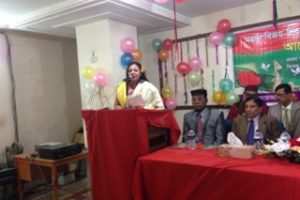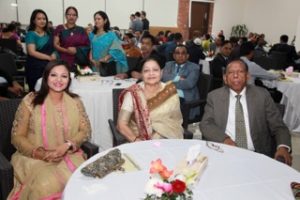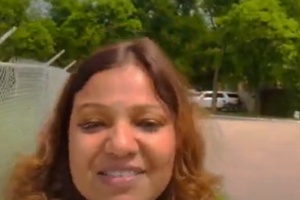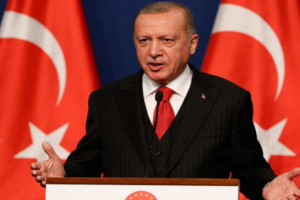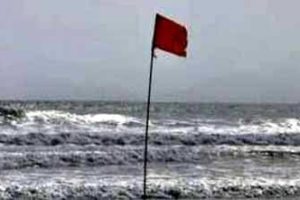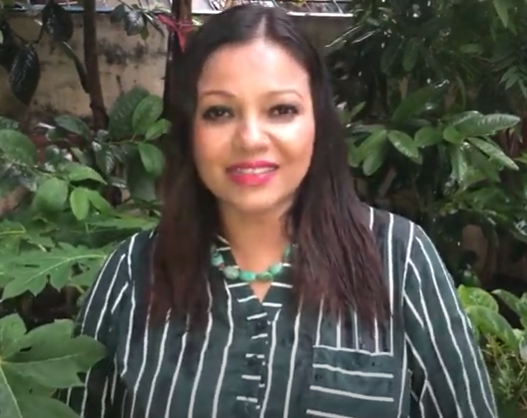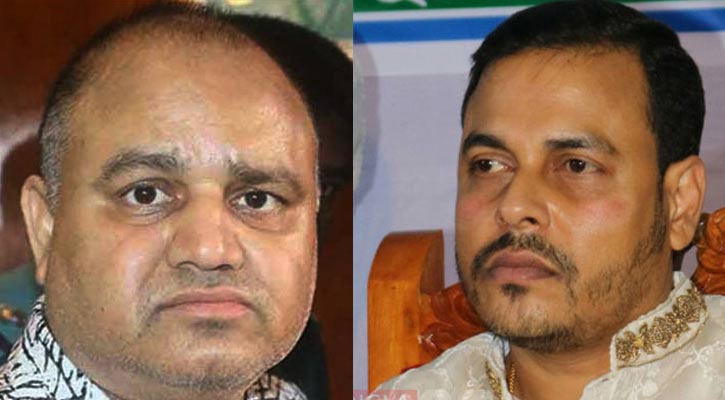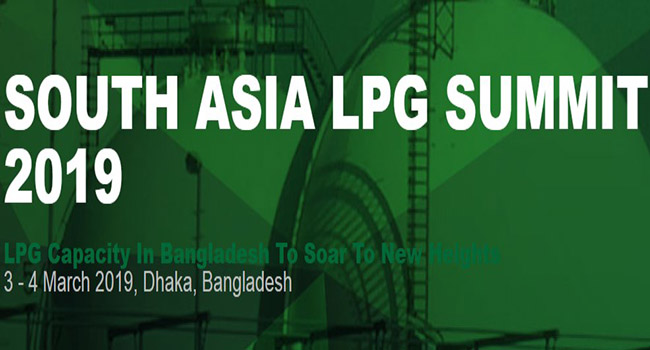Heartened by a peace deal between Bosnia’s warring tribes brokered 25 years ago by the United States, Jusuf Arifagic, a Bosnian refugee sheltering in Norway, returned home to help rebuild his traumatised country. He took with him 100 Norwegian cows.
Arifagic took the cows to his home village — just down the road from the concentration camp where he and thousands of other local Muslims were herded in the summer of 1992 — and set up what became Bosnia’s biggest dairy farm.
The farm in Trnopolje now has 800 cows and 41 workers, a mix of Muslims, Orthodox Christian Serbs and other Christians. Arifagic, 59, said he did not know the precise number from each ethnic group because, “I don’t care.”
His refusal to put tribal identity at the centre of his business, however, has put him sharply at odds with a system created by the 1995 peace settlement that revolves around ethnicity and loyalty to one ethnonationalist authority or another. It has also crippled one of the few success stories in a country blighted by what reports to the United Nations Security Council in April and May described as “chronic dysfunctionality” and “the pandemic called corruption.”
Squeezed by requests for payoffs and other pressures from nationalist politicians pushing their own interests, Arifagic has decided to sell his cattle, lay off workers and shut the farm.
“Bosnia today is one big psychiatric ward and we are all its patients,” Arifagic said, bemoaning the tenacious grip of the hatred unleashed more than a quarter-century ago when multiethnic Yugoslavia fell apart, and neighbour set upon neighbour in a frenzy of fear-driven violence and nationalist passion.
War engulfed the Balkans for four years, ignited by the end of socialist dictatorship in Yugoslavia and the splintering of what had been a peaceful federal state. As nationalism took hold, Croats, Serbs and Muslims living in Bosnia — the most ethnically mixed and therefore most flammable part of the imploding Yugoslav state — took up arms, clamouring for their own states.
The bloodletting in Bosnia, which claimed around 100,000 lives and drove more than 2 million from their homes, came to an end with the Dayton Accords, reached at the Wright-Patterson Air Force Base in Ohio on Nov 21, 1995.
The agreement’s terms, however, entrenched ethnoreligious divisions that had driven the war, leaving Bosnia as an amalgamation of ministates dominated by political parties that still win support by fanning fear and vowing to protect their own.
When the International Monetary Fund offered Bosnia $386 million in April to help fight the coronavirus, leaders of the three dominant parties, each representing a different ethnic group, spent weeks arguing about how to divide the money.
They eventually reached an agreement, but when the money arrived it sat idle for weeks in the central bank, stuck there by yet more squabbling instead of being used to buy badly needed ventilators and other equipment for the country’s ramshackle public health system.
“This is the real consequence of the Dayton model,” said Christopher Bennett, a former international official in Bosnia and author of the book “Bosnia’s Paralysed Peace.” He added: “It simply does not work. It stopped a war but did not create conditions to make a life.”
That many ordinary Bosnians are fed up was made clear in local elections Sunday when Muslim and Serb nationalist parties lost their grip on their city strongholds: Sarajevo and Banja Luka. Three ethnic parties — representing Croats, Muslims and Serbs — still control a majority of Bosnia’s towns, but their recent electoral setbacks have stirred some hope that politics and minds frozen by Dayton may one day thaw.
Instead of creating a single state populated by citizens with equal rights, Dayton divided Bosnia into two self-governing “entities” — the Serb-dominated Republika Srpska and a federation of 10 cantons controlled by Muslims and Croats.
Above this plethora of fiefs stands a weak and feud-ridden federal government headed by three presidents representing Croats, Muslims and Serbs. They all speak the same language, and nothing distinguishes one group from another physically, but they are divided by religion (though few actually worship), by politics and by rival narratives of the war, and they rarely agree on much.
For a time, the area in northwestern Bosnia where Arifagic established his farm encouraged hopes that wartime divisions could be overcome. Muslims who had been expelled returned in the years after the Dayton agreement, first in a nervous trickle then in a joyous flood.
Emptied of Muslim residents by ethnic cleansing and reduced to burned-out rubble in the early 1990s, the village district of Kozarac, which includes Arifagic’s hamlet, returned to life in the early 2000s. The school reopened, destroyed homes were rebuilt and the local soccer team re-formed, though it never recovered its previously multiethnic squad and became an almost entirely Muslim team. The population grew to around 10,000.
But most of the new houses, many exuberant mansions built with money earned from outposts of the Bosnian diaspora around Europe, are mostly shuttered. Their owners visit for a few weeks in summer but have given up on dreams of resettling permanently in Bosnia.
Among those who returned and stayed is Fikret Alic, who in 1992 played a role in awakening the world to the horrors of the Bosnian war when a British television station filmed and broadcast images of his emaciated body behind barbed wire at the Trnopolje concentration camp, where Arifagic was also interned.
Alic returned to Kozarac in 2009 with his wife and three children after 15 years in Denmark working in a meatpacking plant.
“I made a big mistake bringing the kids,” he said.
Worried that “a small spark could start a new war,” he is now trying to find a way for his two sons and daughter to return to Denmark “because there is no future for them here.”
Many Serbs, who often see themselves as victims and not perpetrators of past crimes, feel the same way and also want to leave.
“I am not proud of what we Serbs did, but terrible things happened to Serbs, too,” said Zvadka Karlica, whose husband was killed during the fighting in Prijedor, a city near Kozarac that was majority-Muslim before the war but is now 95% Serb.
Karlica plans to stay but her 12-year-old granddaughter, like many young people, wants to get out: “I love this place but I really want to leave,” she said.
The area is part of Bosnia and Herzegovina, the overarching federal state created by Dayton, but the only flag that flies in local government buildings is that of the Republika Srpska, the Serb entity of which it is also part. Local Serb leaders have worked tirelessly to undermine the federal state and have even threatened to secede.
At the site of the former camp in Trnopolje, Serb authorities have erected a brooding concrete monument only to the Serb fighters “whose lives are built into the foundations of the Republika Srpska.”
Milenko Djakovic, the relatively moderate Serb mayor of Prijedor, the area’s administrative centre, said he saw no reason to build a memorial to Muslim victims because the site, in his view, was just “a place to shelter civilians.”
For many Muslims, the existence of the Republika Srpska is the single biggest injustice and flaw of the Dayton accords: It legitimised a political project born in blood with the wartime rule of Radovan Karadzic, the former leader of the Bosnian Serbs, and Ratko Mladic, the Serb former general, who were found guilty of genocide for the 1995 massacre of around 8,000 Muslim men and boys in the town of Srebrenica.
Arifagic, the dairy farmer, said he returned to Bosnia to build a future, not dwell on the past, but that he had quickly butted up against the reality of a country ruled by ethnonational political parties that thrive by keeping communities apart and promising to protect their own.
“It is all very tragic,” said Sebina Sivac, an anthropologist from the area who has written a book about its postwar struggles.
“Bosnia needs people like Arifagic to move beyond Dayton, which always reminds everyone that what counts is ethnicity,” she said. “All sides wanted him to show that he was on one side or another. But he wanted to change this mindset.”
When Arifagic opened his farm, the local electricity company, owned by the Republika Srpska, refused to provide a transformer box to get power to his cow sheds. He installed his own but then spent three years in legal battles before he could get it connected to the network.
Then, last year, the Republika Srpska abruptly rewrote the rules governing milk subsidies, slashing Arifagic’s revenue but leaving intact the money received by smaller Serb-owned dairy farms. “If your name is Jusuf,” he said, referring to his name, which immediately identifies him as Muslim, “nothing is ever easy here.”
Djakovic, the Serb mayor of Prijedor, said that he had opposed the subsidy change and that he believed Arifagic’s travails stemmed from his frequent clashes with the dominant Serb party, led by nationalist Milorad Dodik, rather than from his ethnicity.
“You can either struggle uphill or go downhill with ease,” Djakovic said. “If you criticise politicians, then you will have problems.”
Hoping to fare better outside the Republika Srpska, Arifagic set up a satellite farm with 400 cows in the territory of the entity led by Muslims and Croats.
But there, too, he ran into problems after refusing to support the dominant Muslim party, led by the son of wartime leader Alija Izetbegovic. Instead, he joined a rival party that he felt was less focused on stoking ethnic grievances. A mysterious fire later burned down part of his property.
Arifagic said he planned to keep feeding his cows until his supplies ran out and then shut down the business, though he said he would remain in Bosnia for the time being: “I want to finish and close everything. After that, Dodik and Izetbegovic can milk cows themselves.”





